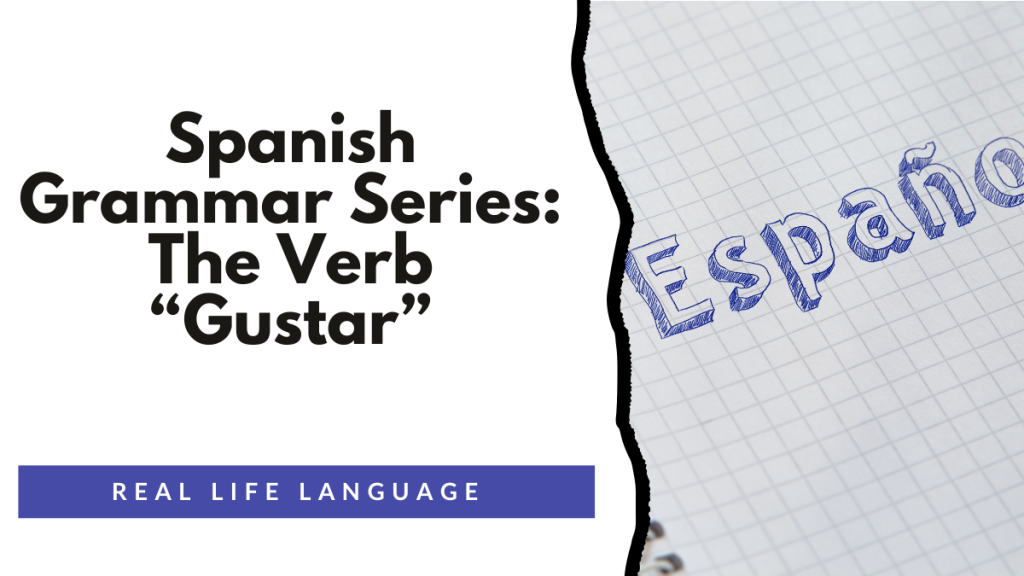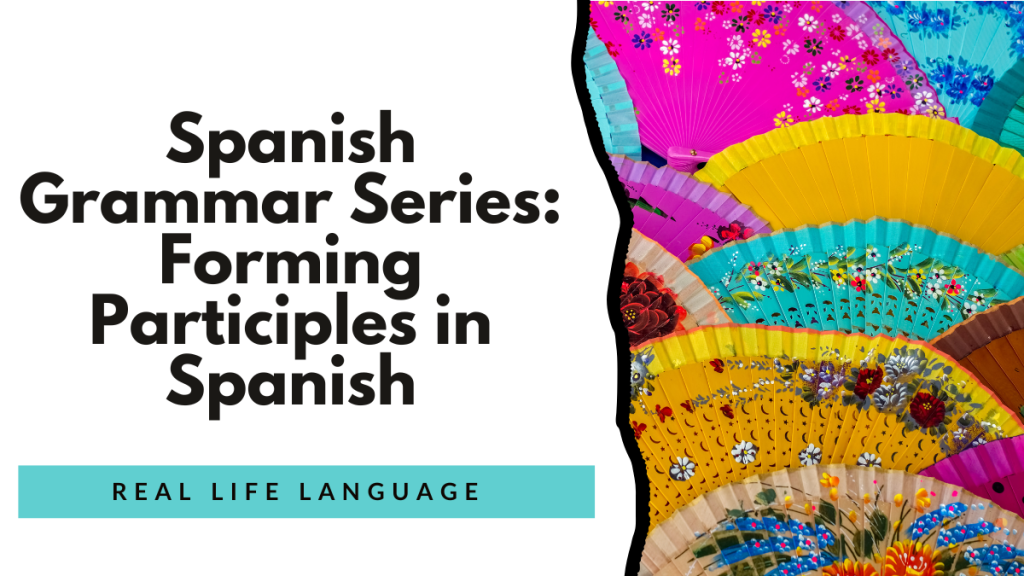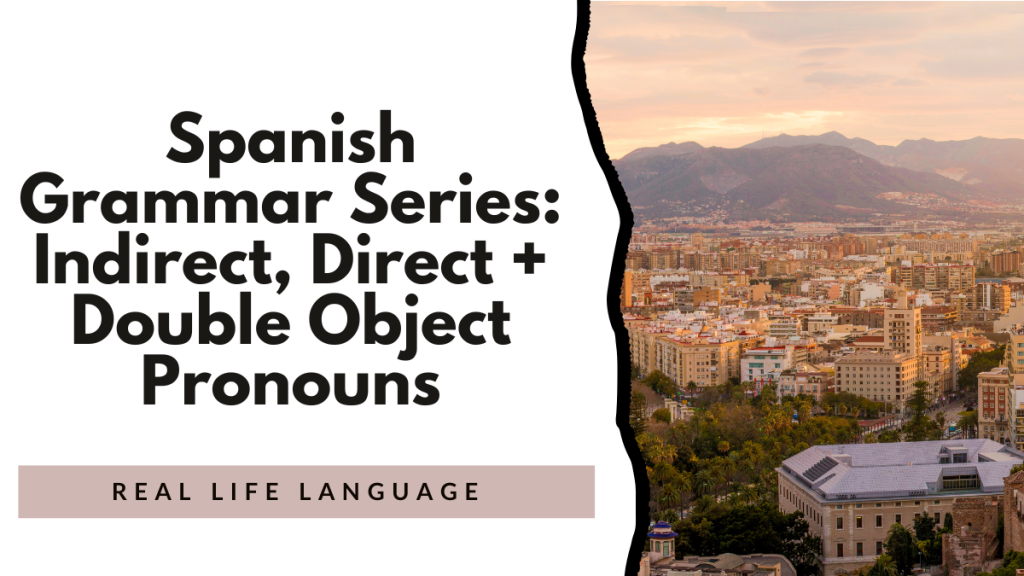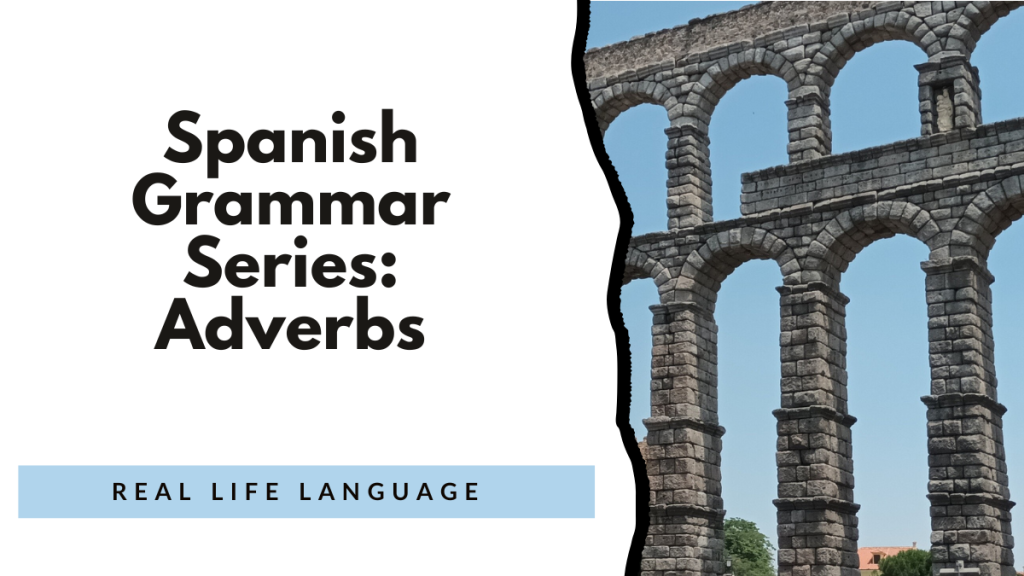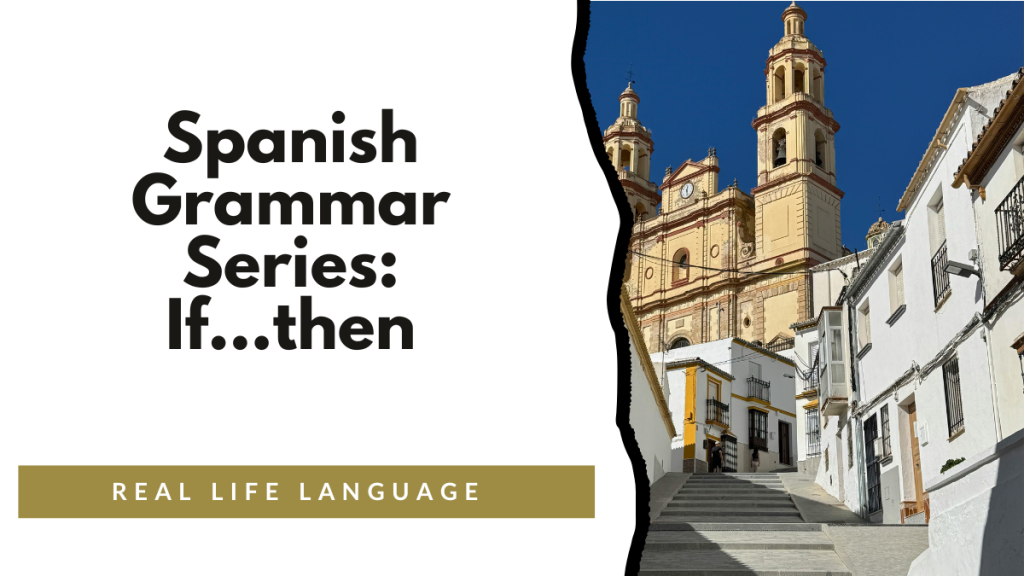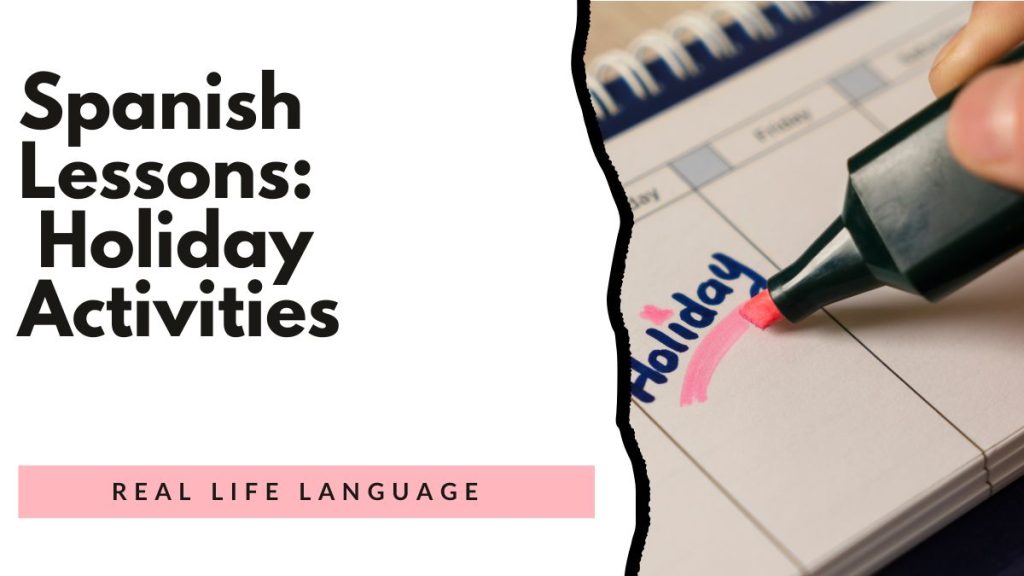Spanish Grammar: The Verb “Gustar” (To Like)
Spanish Grammar SeriesSpanish Grammar — The Verb Gustar (To Like) In Spanish, the verb gustar works differently than the English verb “to like.” Instead of saying that a person likes something, gustar literally means “to be pleasing.” This means the thing that is liked becomes the subject, and the person who likes it becomes the indirect object. […]
